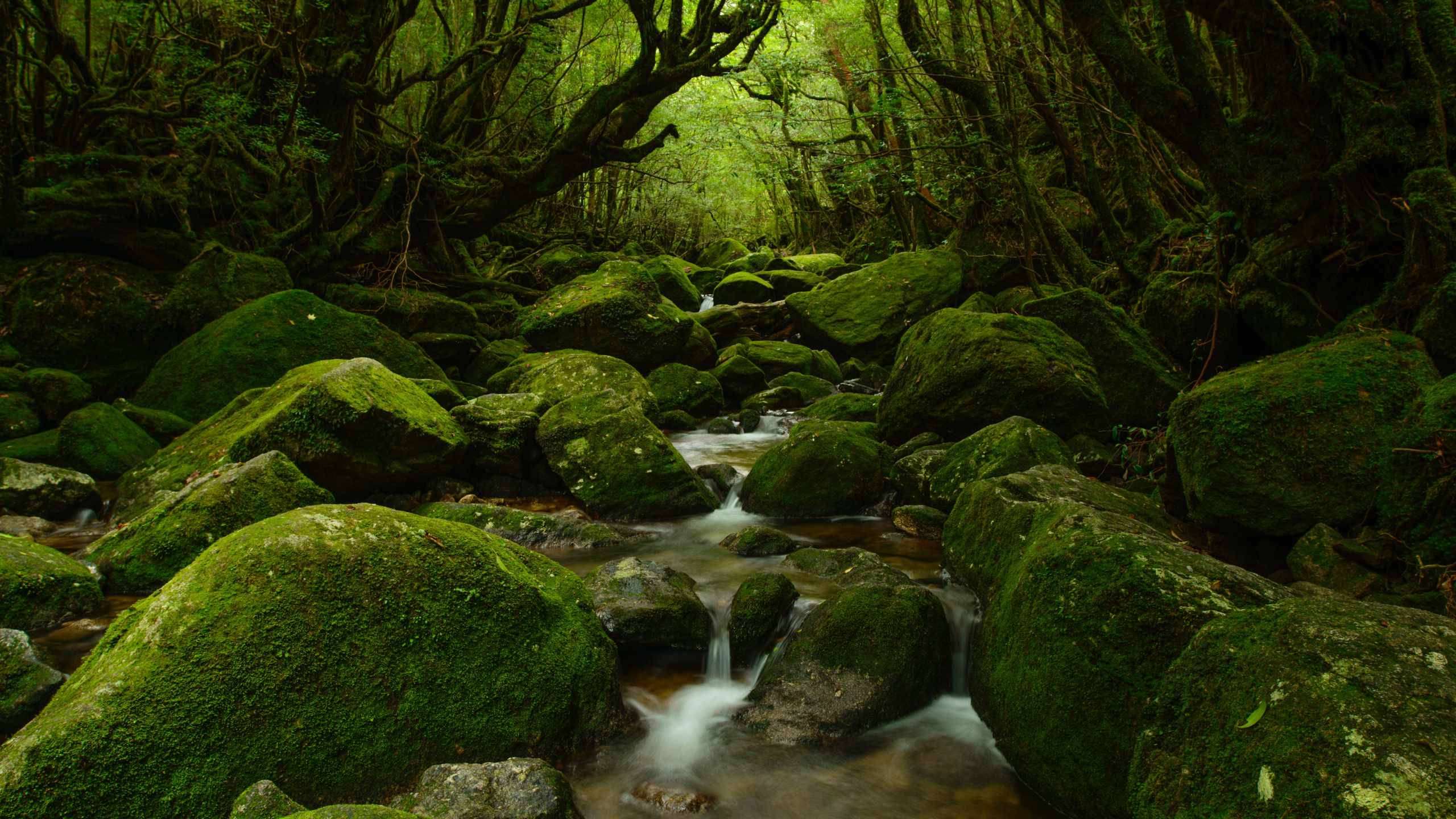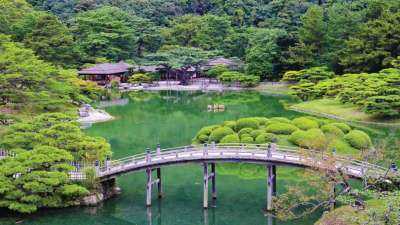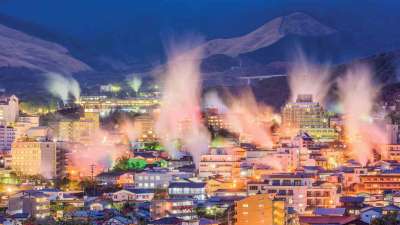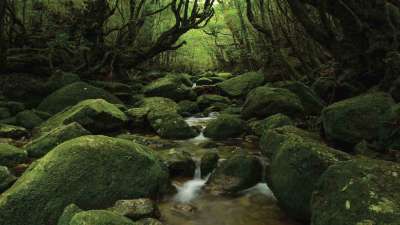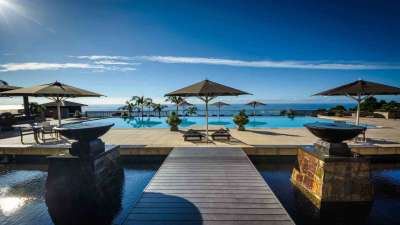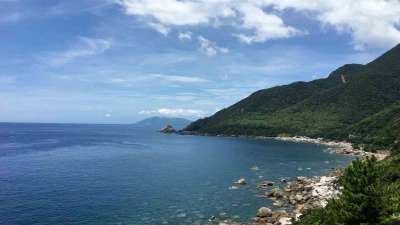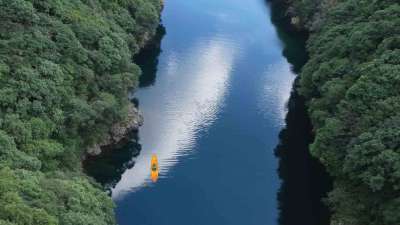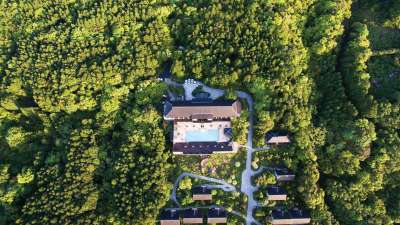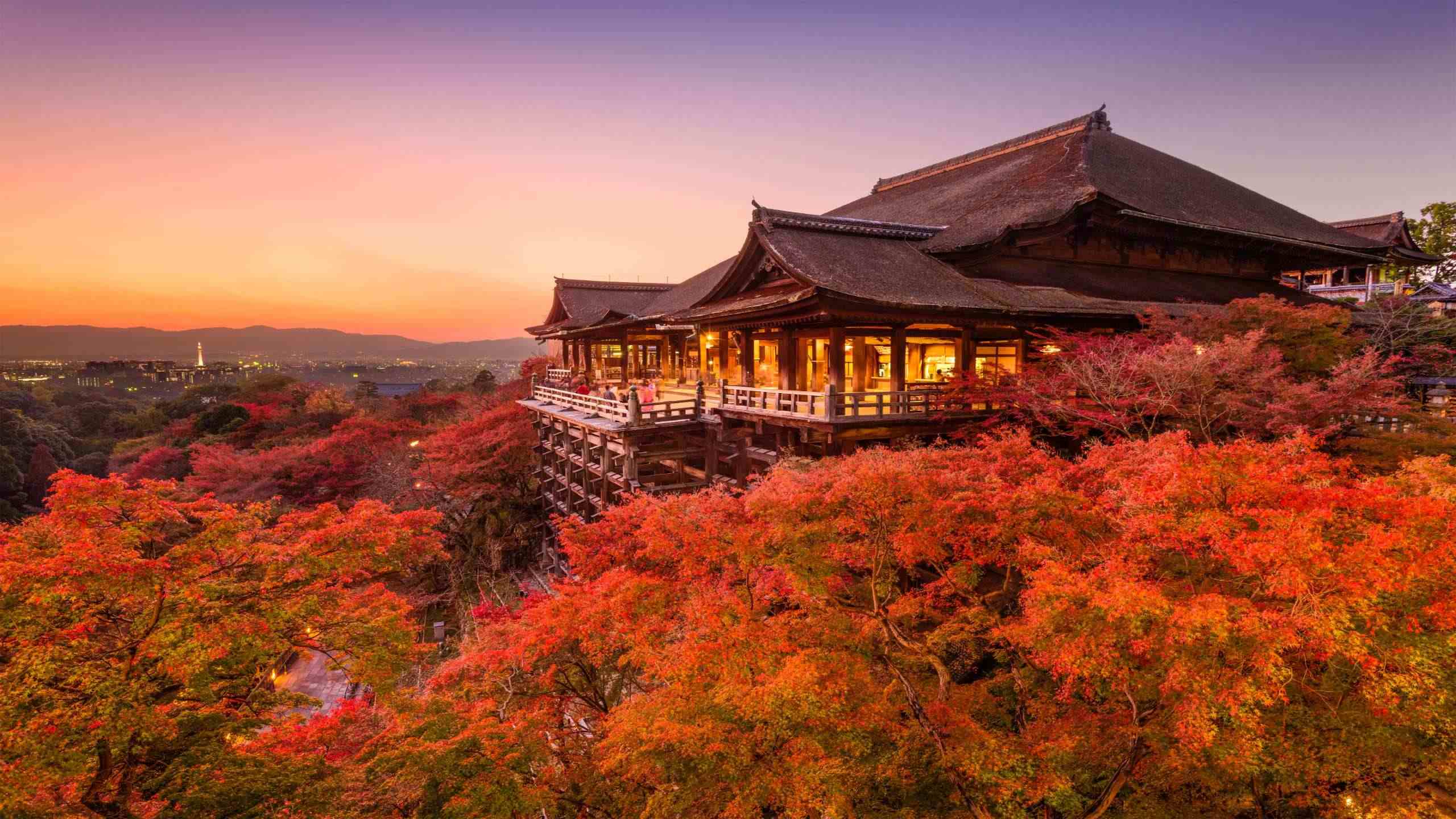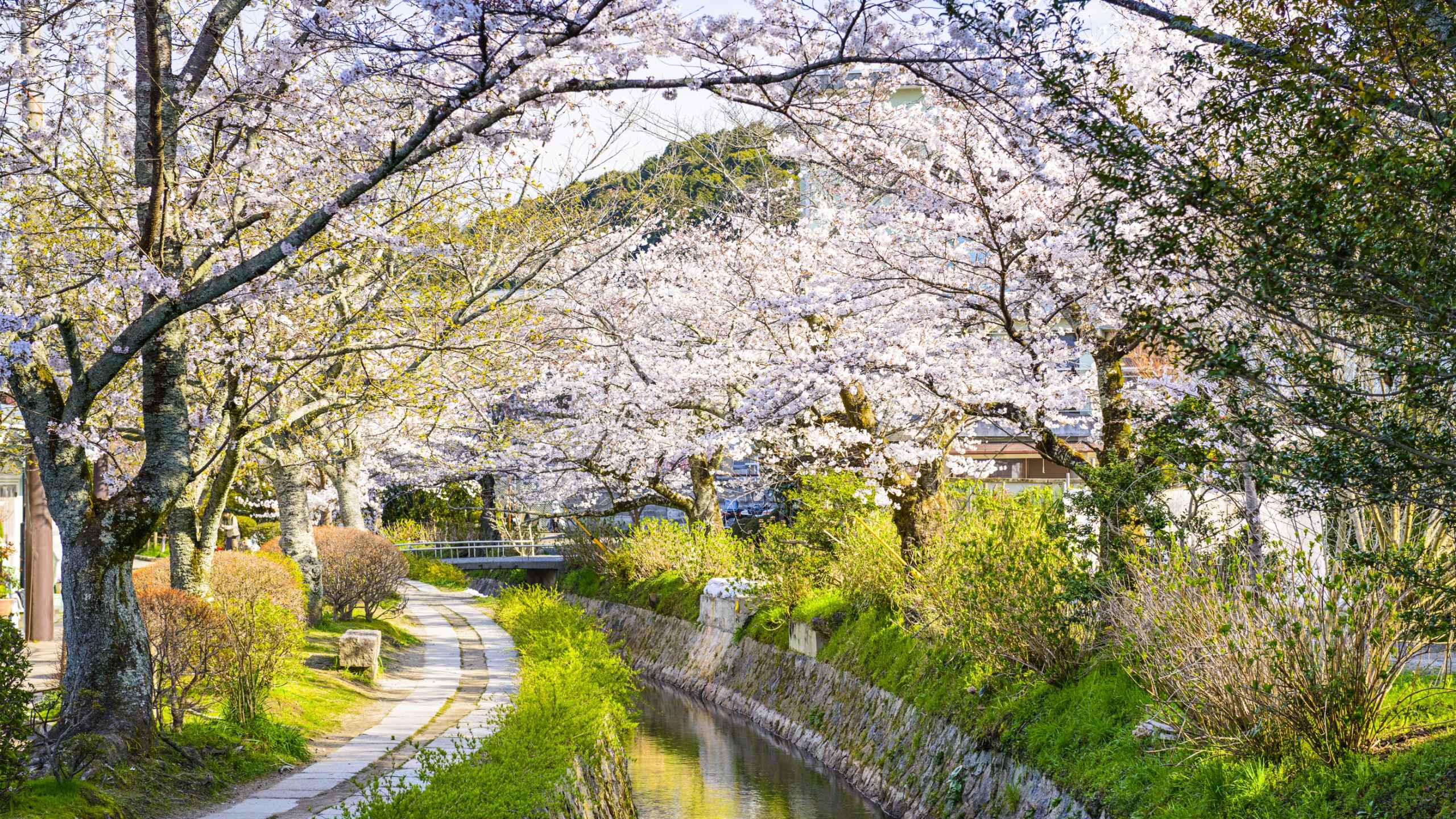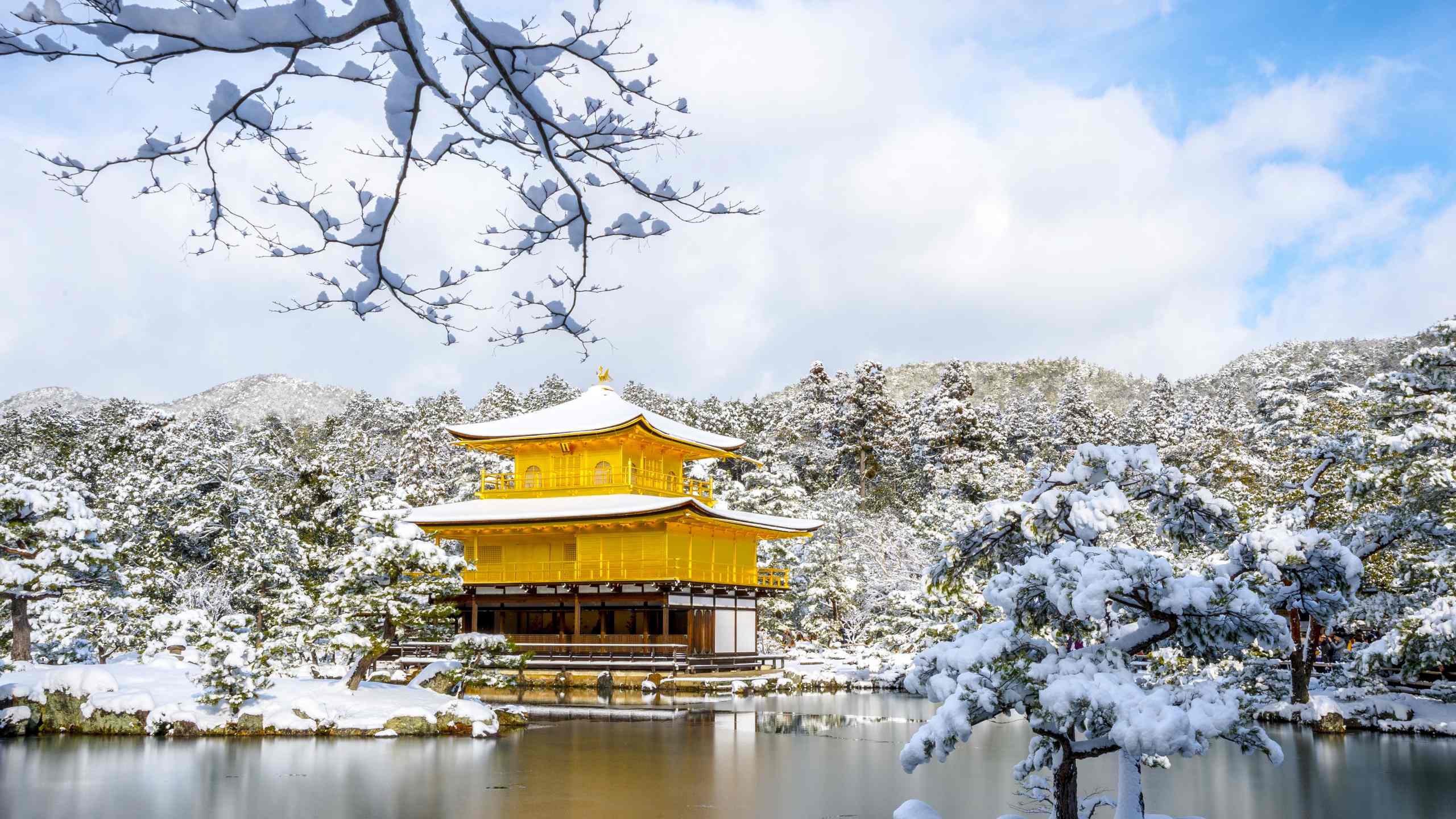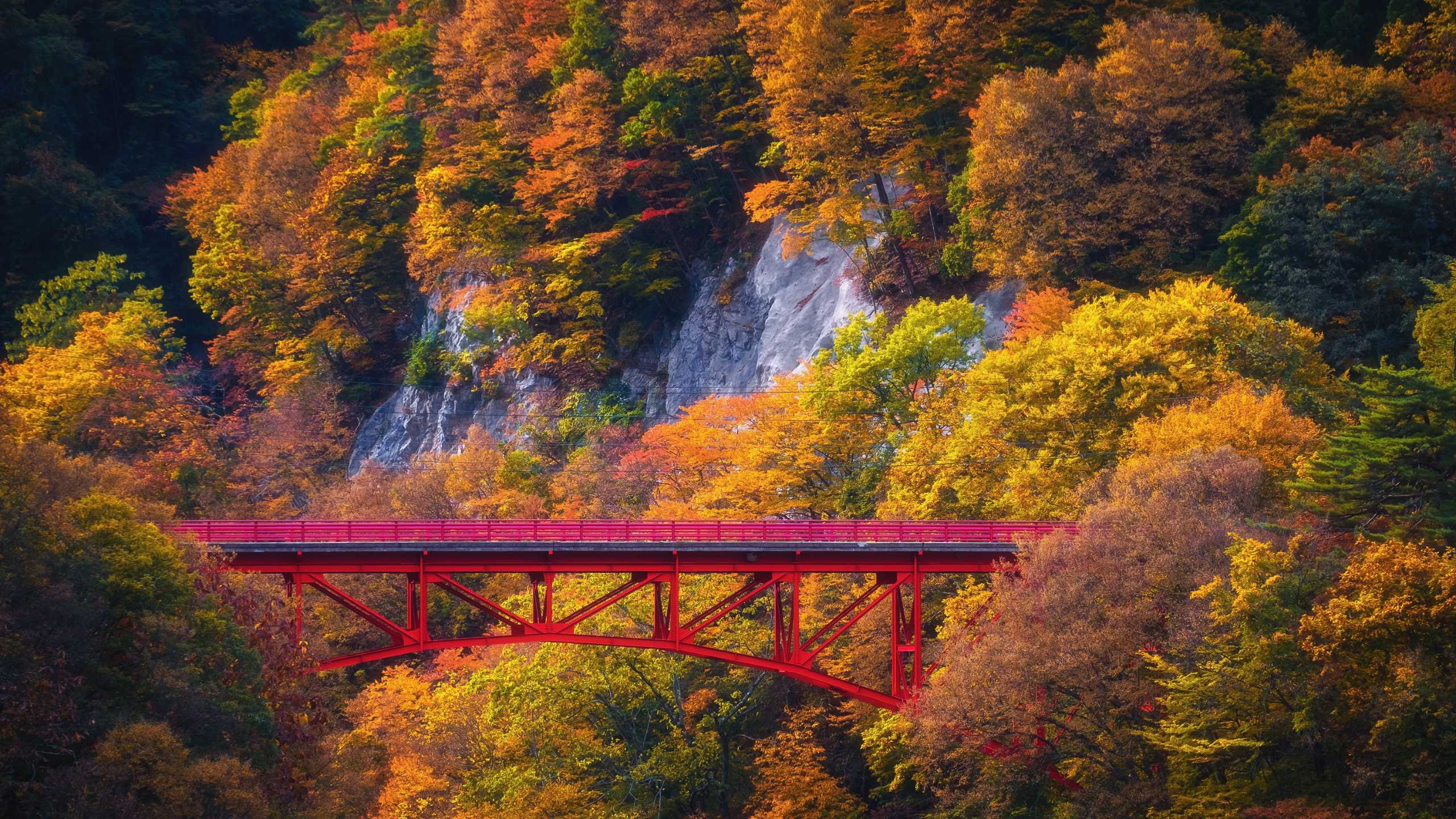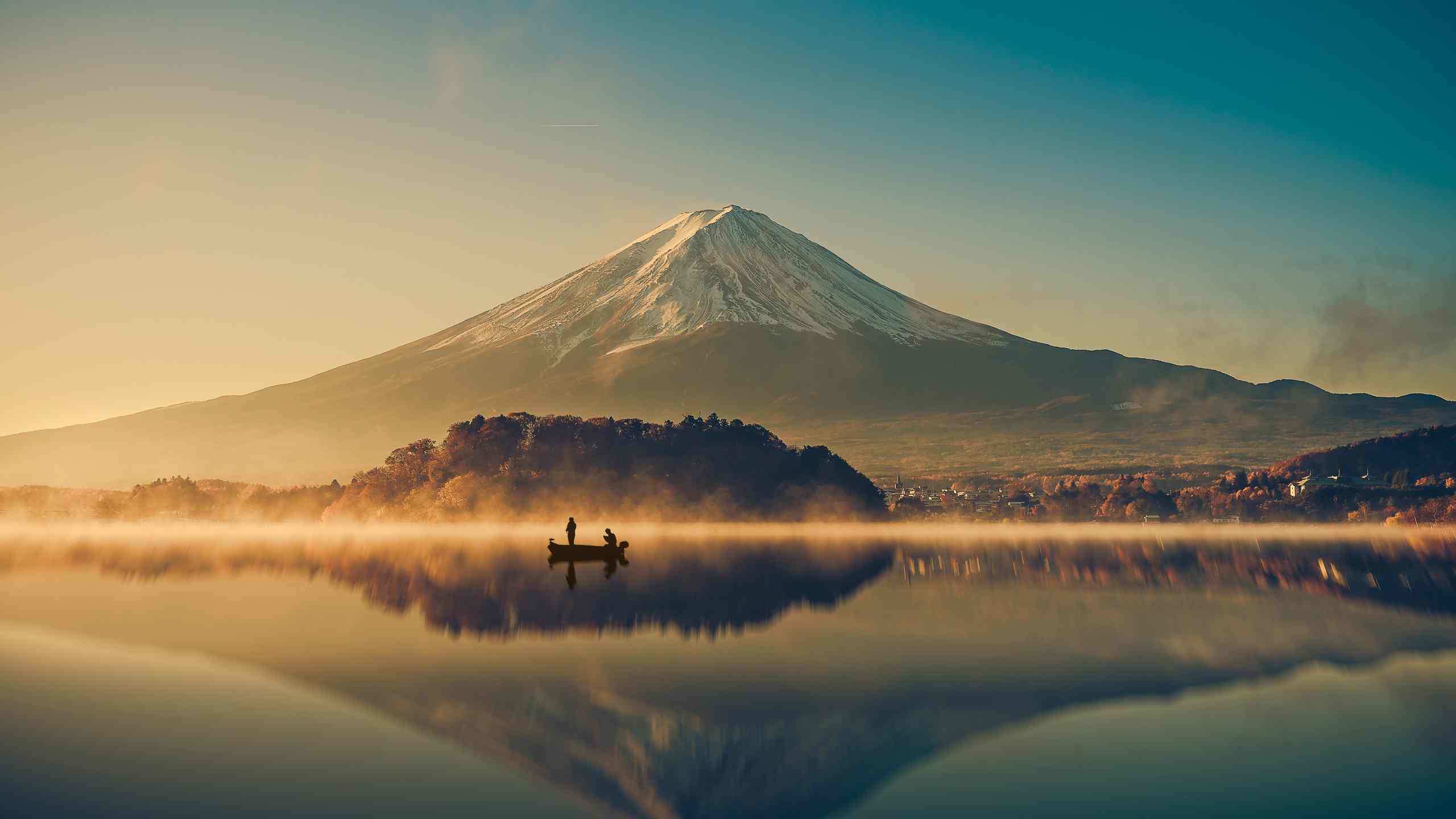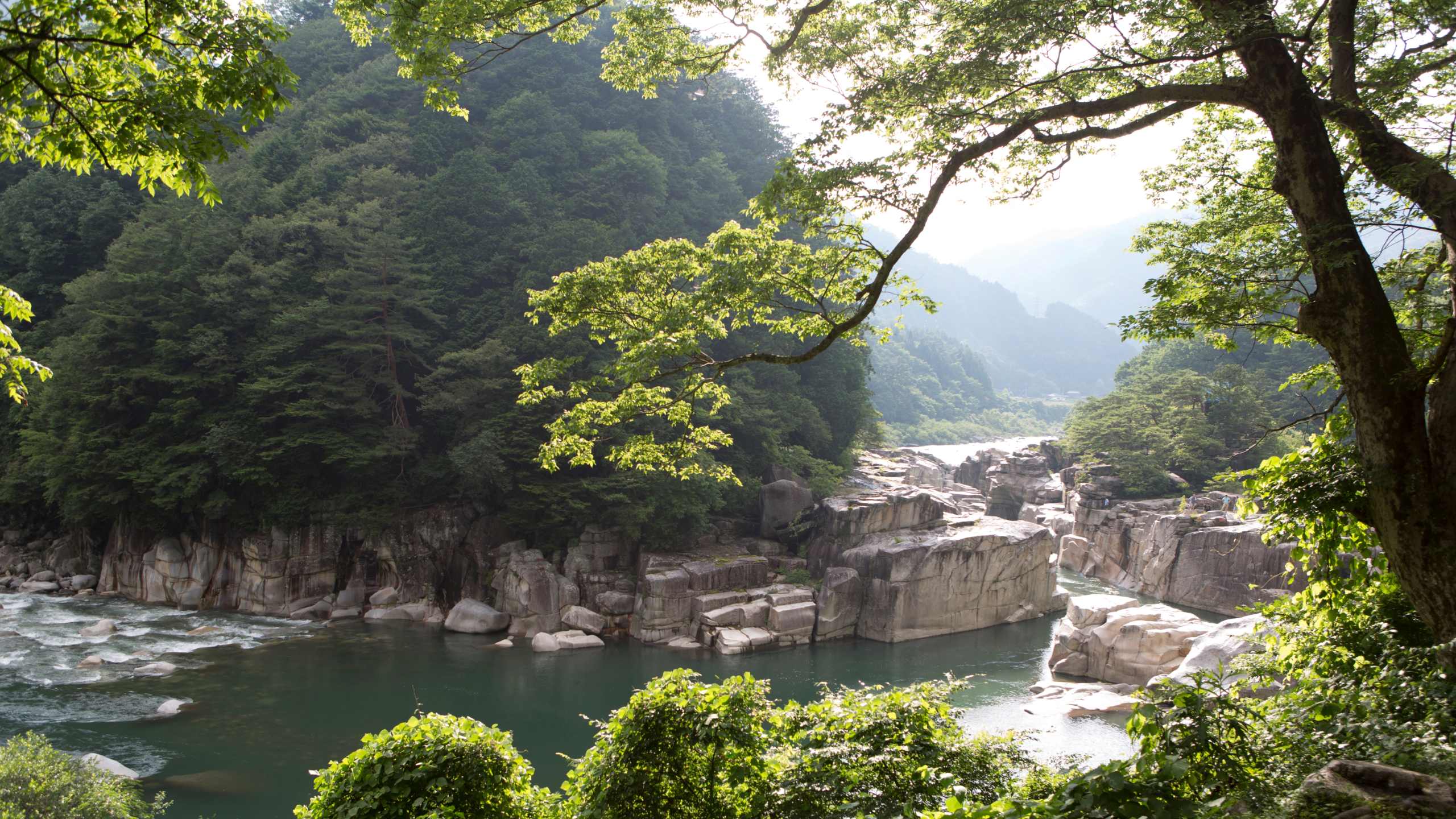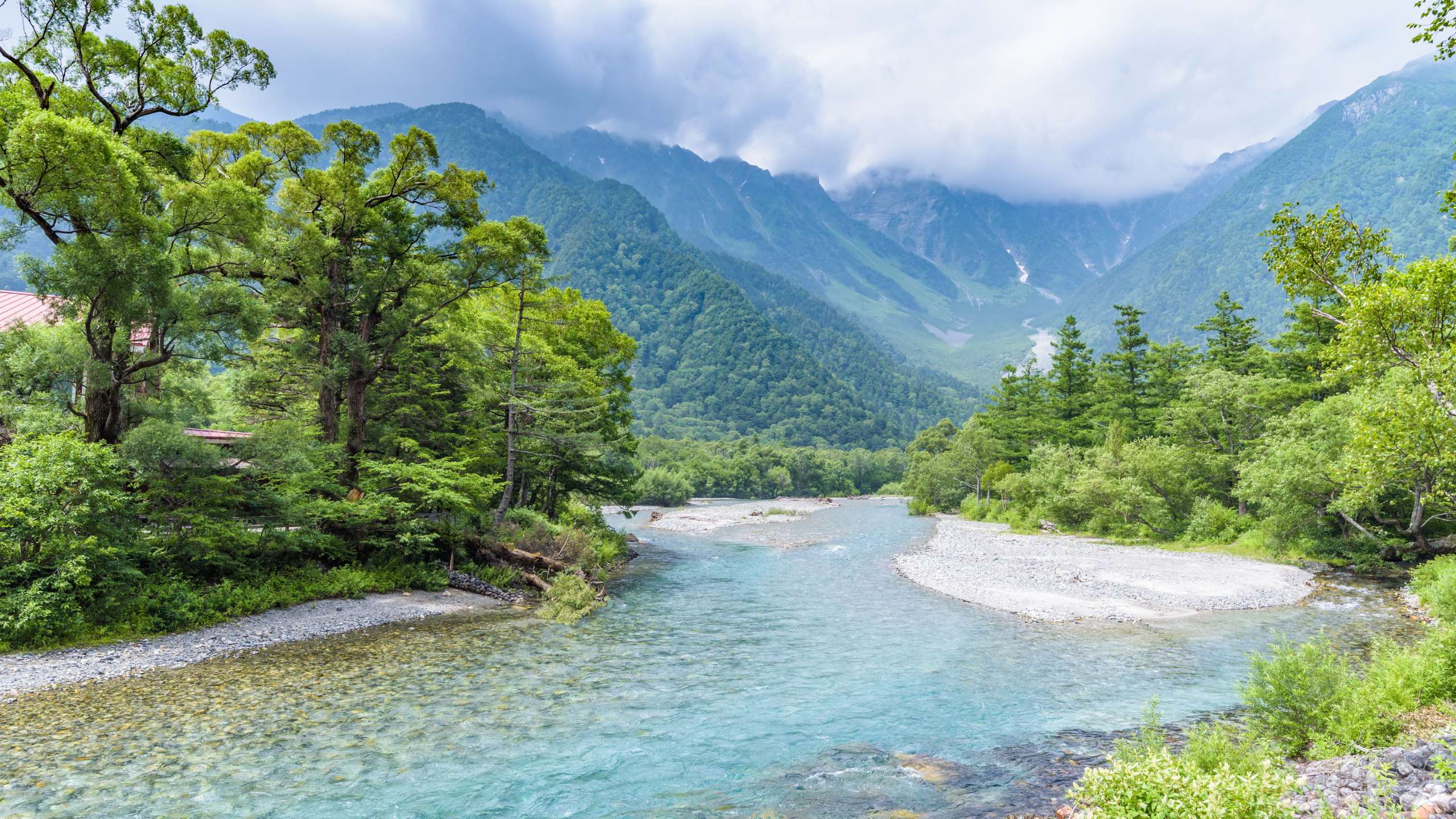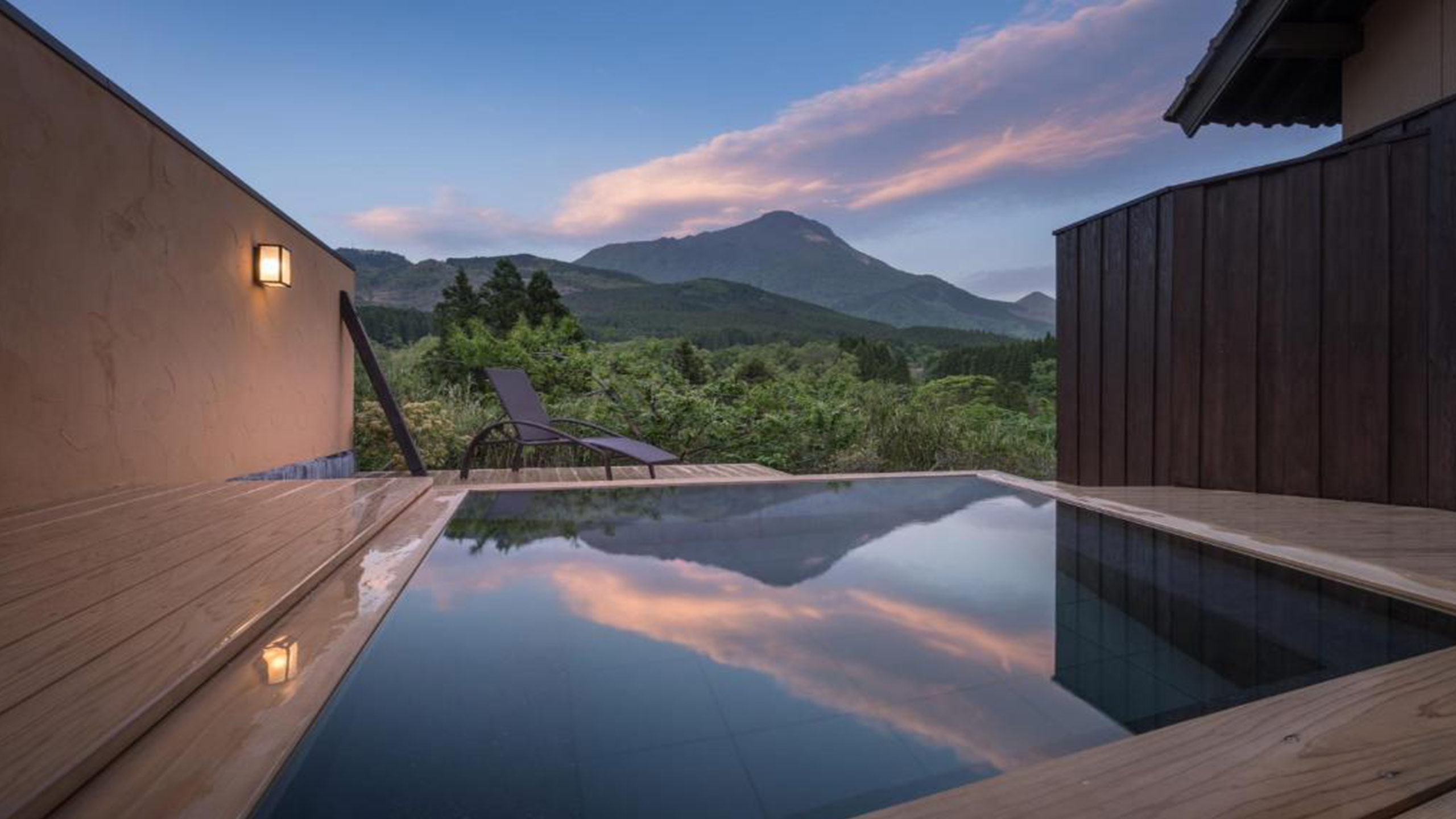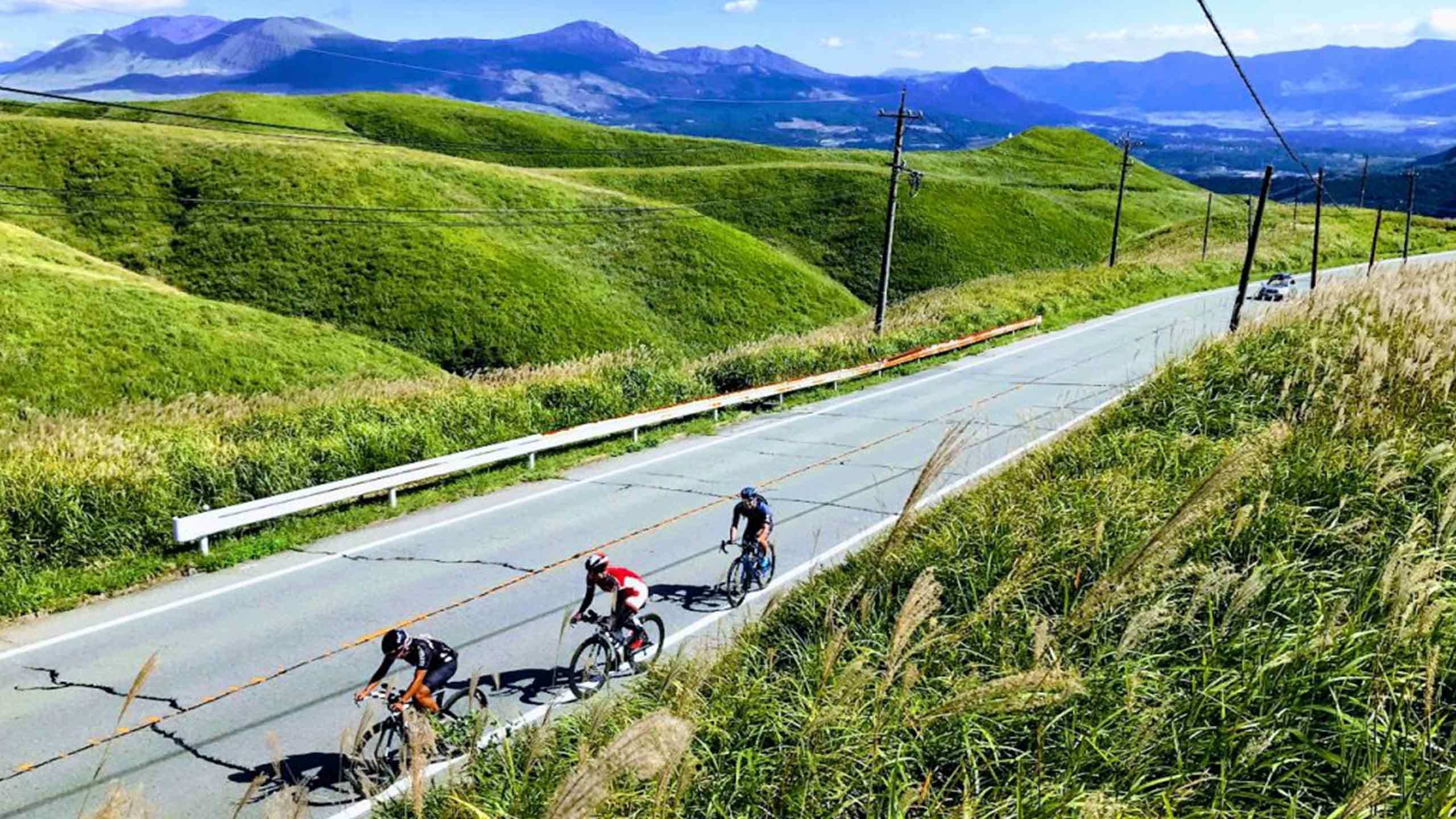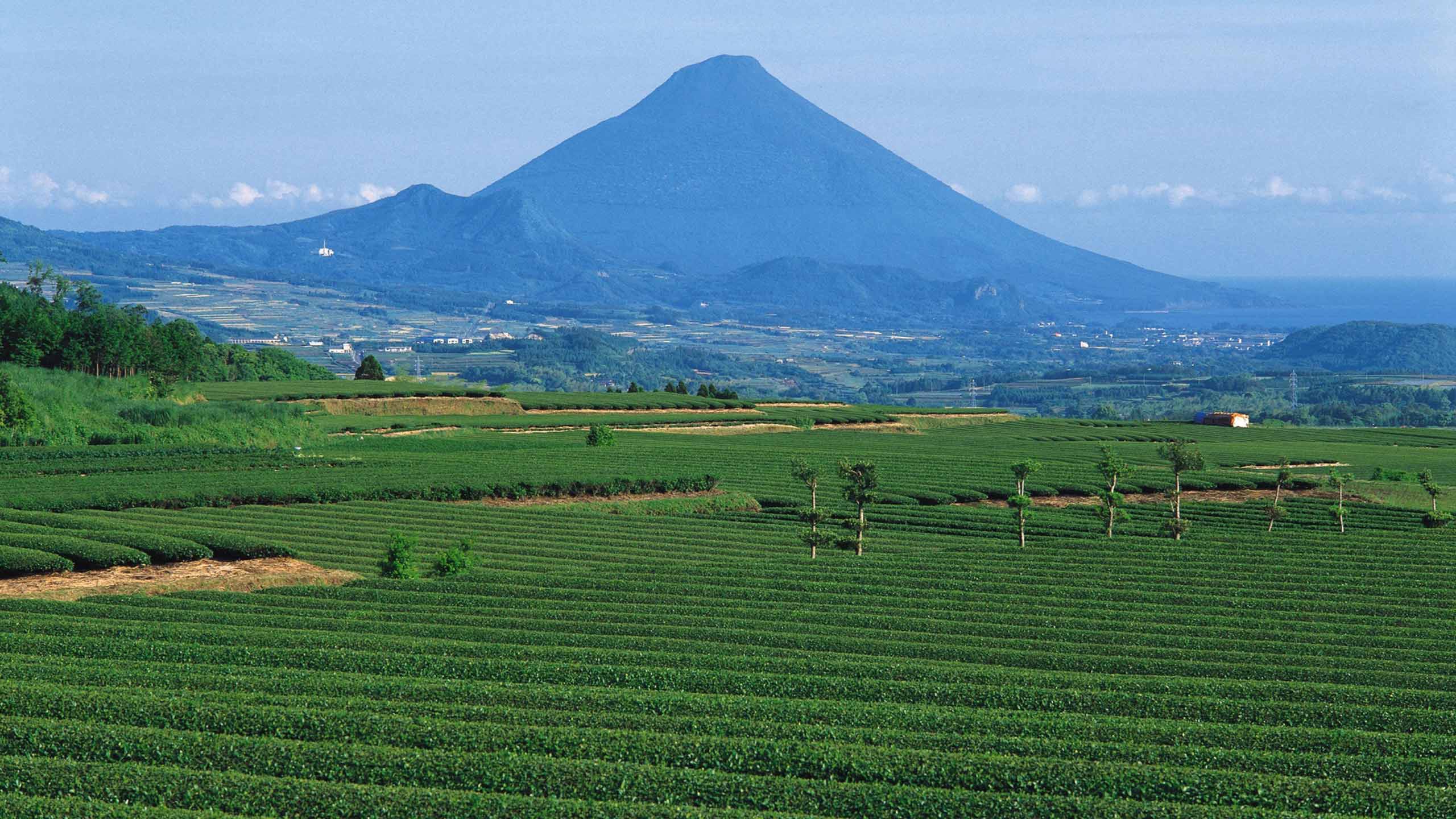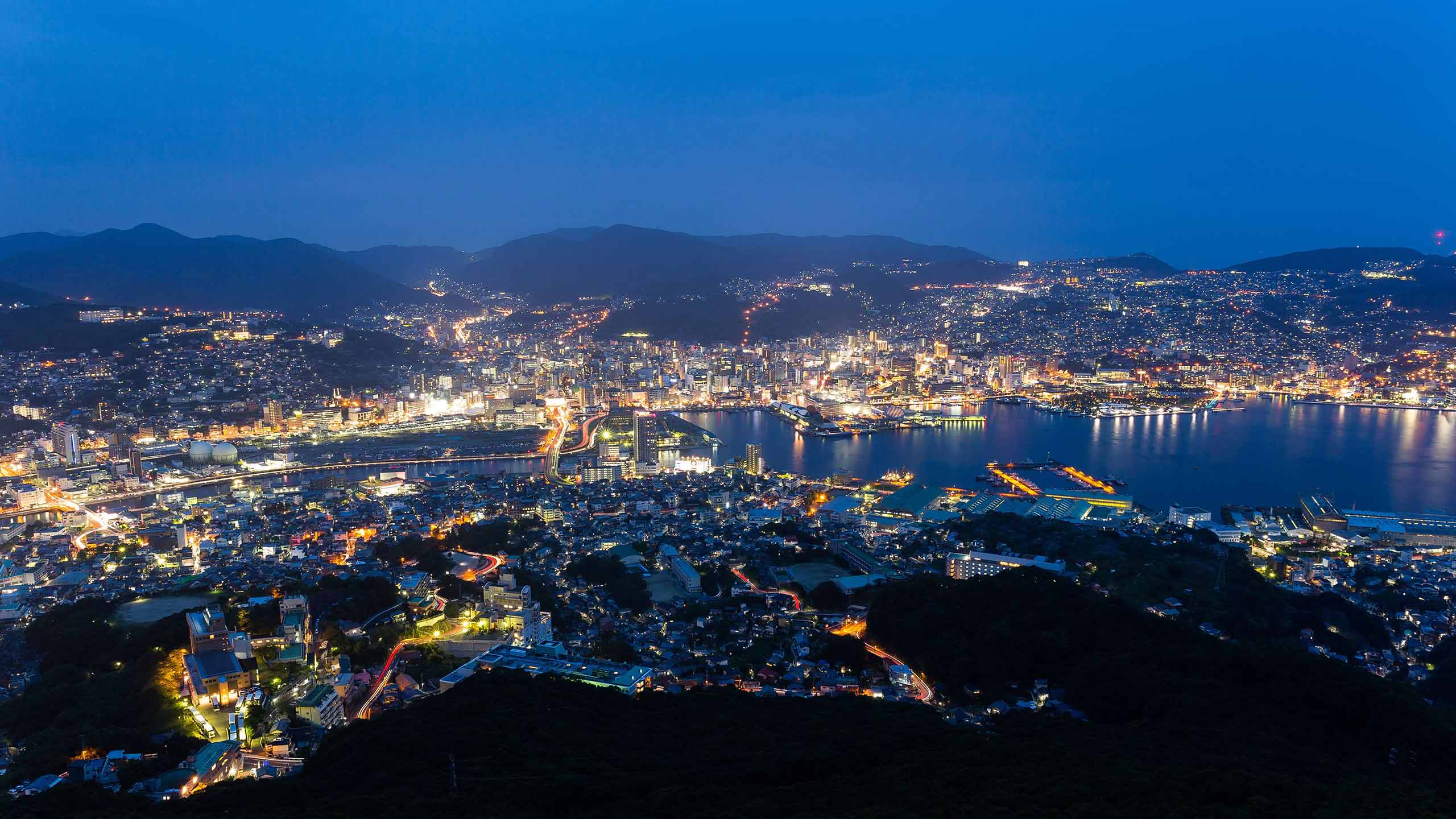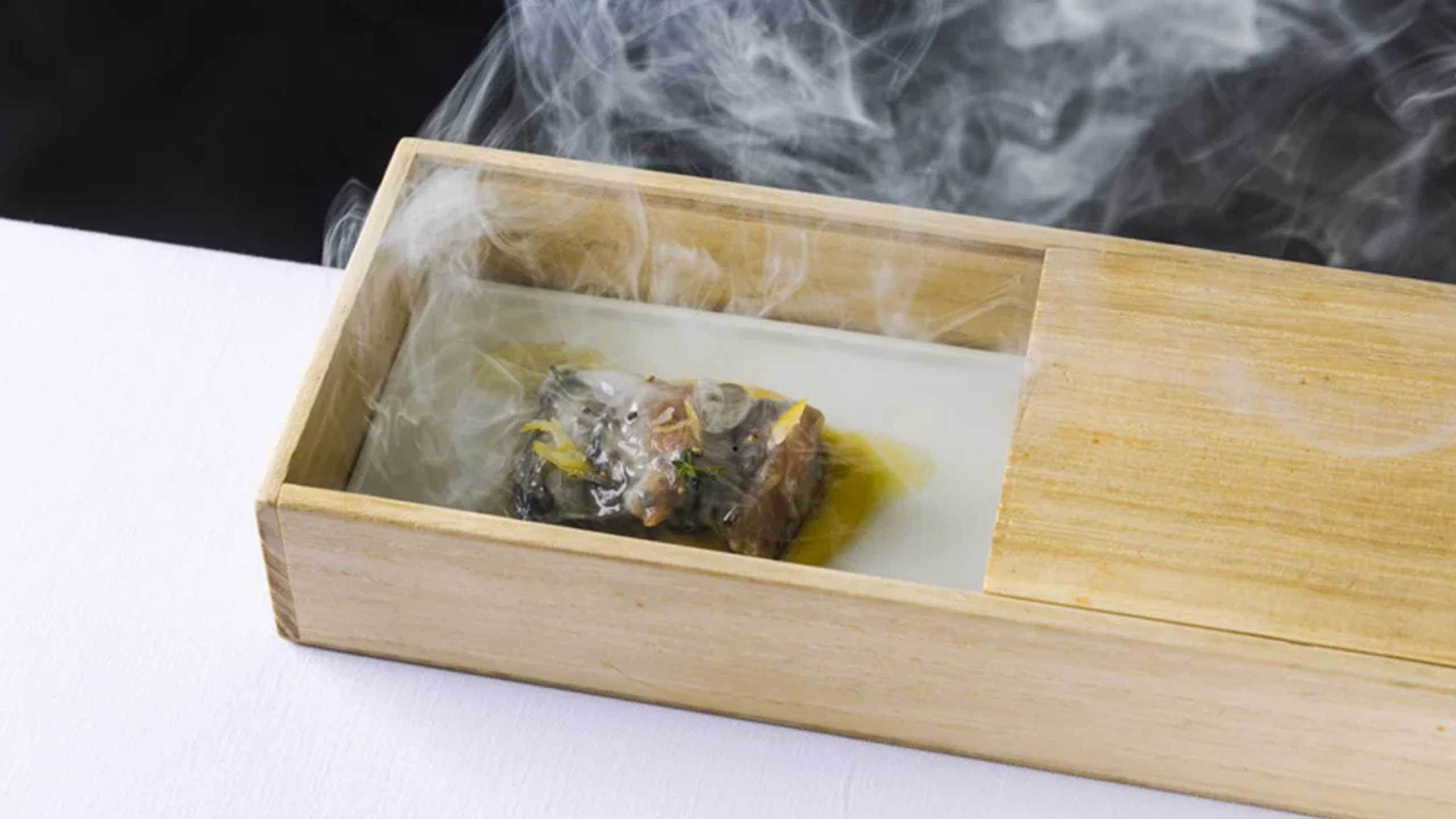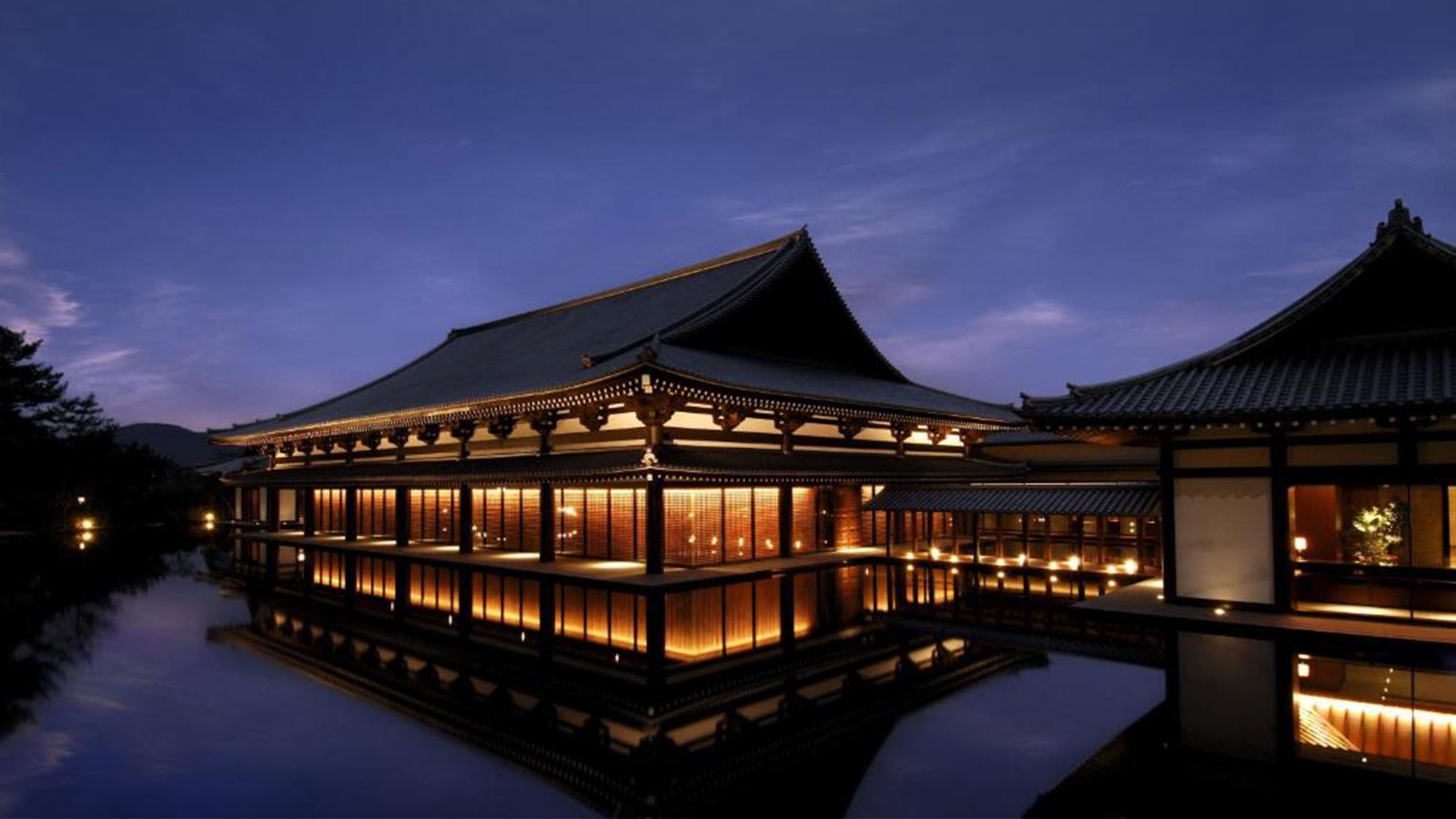Known as the ‘land of fire’, epic coastlines, volcanoes, waterfalls and world-class hot springs make Kyushu one of the best regions for exploration and hiking in Japan. Kyushu plays host to some of the most incredible walking trails and you can explore more of Kyushu Walking Adventures. The island goes beyond and is full of life, culture and history of WWII.
If you’re planning a trip to Japan, you might also like to read our guides on Top Places To Visit in Japan and Best Things To Do in Japan.
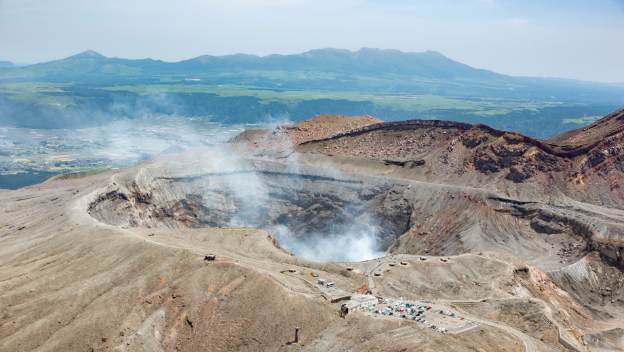
Volcanoes in Kyushu
Mount Unzen
The eight mountains Fugendake, Kunimidake Myoken-dake, Kinugasa-dake, Takaiwa-dake, Nodake, Yadake and Kusenbe-dake, are collectively called Mount Unzen. It is one of the first national parks in Japan. You can drive as far as Nita-toge Pass from where the Unzen Ropeway leads part way up the mountain slope. It is worth going to the lower and upper ropeway stations that boasts observation decks with views over the surrounding mountains and the Ariake Sea all the way to Kumamoto Prefecture on a clear day. The lower ropeway station has shops, restaurants and the trailheads of hiking trails that lead up the mountain. A popular hiking route leads from the upper ropeway station along the ridge to Fugendake (1359 m), the highest peak that you can climb to.
How to get there: Mt. Unzen is accessible by bus. The easiest way to get to Mt. Unzen from Nagasaki is by bus. Catch the bus from Nagasaki bus terminal which will take 1 hour and 40 minutes. From there, head to the Shimatetsu Bus Office Unzen for information.
Mount Aso
Mount Aso is an active volcano with a huge ancient caldera in the centre of Kyushu which most recently erupted in 2021. Aso's ancient caldera is among the world's largest, with a diameter of up to 25 kilometers and a circumference of over 100 kilometers. In the center of the caldera stand the mountain's active volcanic peaks, including Mount Nakadake, whose spectacular crater is accessible. Komezuka is a small, beautifully shaped volcanic cone on the northern slopes of Nakadake. There are pleasant walking trails in the vicinity. We recommend visiting The Mount Aso Visitor Centre, a gateway to one of Japan’s most active volcanoes. You can see the 1,592-meter-high Nakadake Crater, the main crater of Mount Aso, from the building.
How to get there: The Nakadake Crater can be reached in a 30-40 minute bus ride from JR Aso Station. Buses travel as far as Asosan Nishi Station, from where a shuttle bus gets you to the crater. Alternatively, you can walk to the crater in about 30 minutes one way.
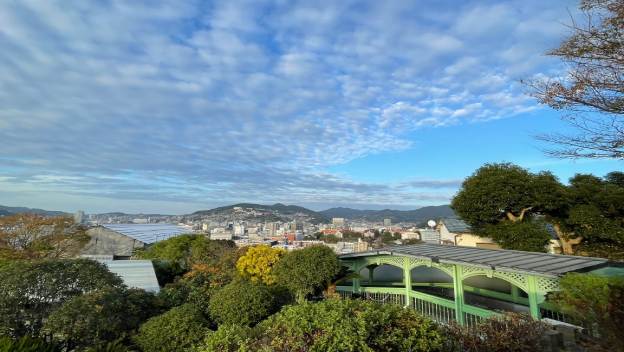
Nagasaki & WWII History
Nagasaki is an alluring port city with a moving history. It has played a prominent role in foreign trade relations for many centuries and was the most important of only a very few ports open to restricted numbers of foreign traders during Japan's period of isolation. In more recent history, Nagasaki became the second city after Hiroshima to be destroyed by an atomic bomb towards the end of World War II. Its rich history and culture and attractive location around a narrow inlet make Nagasaki one of Japan's most interesting cities to explore. For the history buffs, you cannot miss:
Glover Garden: an open air museum that exhibits mansions of several of the city's former foreign residents and related buildings. A memorial to this singer, along with one to Puccini, can be found in the Glover Garden where the opera Madama Butterfly is set. The main attraction of the garden is the Former Glover House, the oldest wooden Western-style building in Japan.
Nagasaki Peace Park: offers a serene space that commemorates the atomic bombing of Nagasaki on August 9, 1945, which destroyed a significant portion of the city and killed tens of thousands of inhabitants. You can explore the parks which includes a black monolith that marks the explosion's epicenter and an area that allows you to take a look at a layer of soil below the park's surface where broken roof tiles, bricks and pieces of glass remain from the explosion. It also home to the Nagasaki Atomic Bomb Museum with the mission to inform future generations about the horror of war which traces events preceding the bombing, the resulting destruction and the city’s restoration.
Meiji Industrial Revolution: see how Japan transitioned from a feudal state to a modern society. The World Heritage sites of Japan's Meiji Industrial Revolution comprise 23 locations centered in Yamaguchi Prefecture and the Kyushu Region. As you visit each site, uncover Japan's rapid development of industrial shipbuilding technologies, coal mining, and the institutions and ideas that helped propel the country forward during this radical period. Highlights here include exploring the quaint town of Hagi in Yamaguchi Prefecture and tapping into the journey of the Choshu Five; explore the island of Hashima off the coast of Nagasaki where you'll find the eerie remnants of a Meiji-era coal mine; and exploring the oldest slip-dock in Japan and the well-preserved residence of its facilitator, Thomas B. Glover.
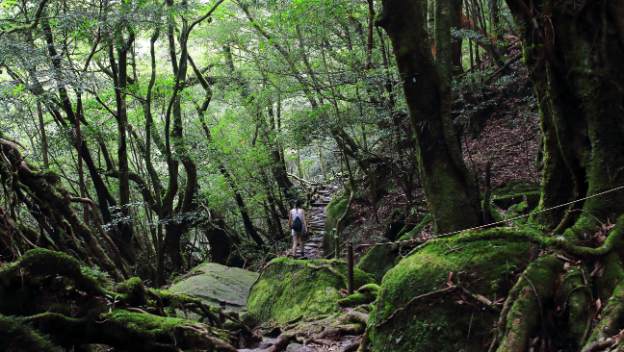
Islands of Kyushu
Gunkanjima
Gunkanjima is known as an uninhabited island of ruins and is a former coal mine in the middle of the sea. The best things to do here is joining a personal tour for an up-close encounter of a abanonded coal mine and taken to three observation decks in a small part on the southern end of the island . Viewing Gunkanjima from the mainland is also a must.
How to get there: To reach Gunkanjima, you must join one of the organised tours. Journeys take roughly 30 minutes one-way. You cannot visit Gunkanjima alone. Due to the structural instability of the island, it is mandatory that all visitors travel in tour groups.
Yakushima
A UNESCO World Natural Heritage site, Yakushima is home to Yakusugi cedar trees over 1,000 years old, pristine beaches, and Japan's best sea turtle nesting site. Its highlights are hiking to its impressive and enourmous waterfalls and marvelling at anceint forests which is home to yakusugi, ancient cedar trees, the oldest of which is thought to be 7,000 years old. A unique experience is visiting Nagata Inaka Beach when it becomes a major sea turtle nesting site during the season from May to July. The two islands of this national park showcase two different sides of Japan. Hike mountains and ancient cedar forests on Yakushima and experience the power of a volcanic landscape, with steaming fumaroles and hot springs, on Kuchinoerabujima. Some best things to do inlcude hiking the mysterious ancient forests of the Shiratani Unsuikyo Ravine; standing in the cooling spray of Oko-no-Taki Falls; exploring the steaming volcanic vents of Mount Furudake; and viewing colorful marine life in the pools and coral reefs at Tsukasaki Tide Pool.
How to get there: Just 60 kilometers off the tip of Kagoshima, Yakushima can be accessed by plane or ferry. From Tokyo, take a plane from Haneda Airport to Kagoshima Airport. The flight is less than two hours. From there, a connecting flight to Yakushima is only 40 minutes. Another option is to take a ferry from Kagoshima Port to Yakushima Miyanoura or Anobo Port. The ferry ride takes two and a half hours on the speed ferry.
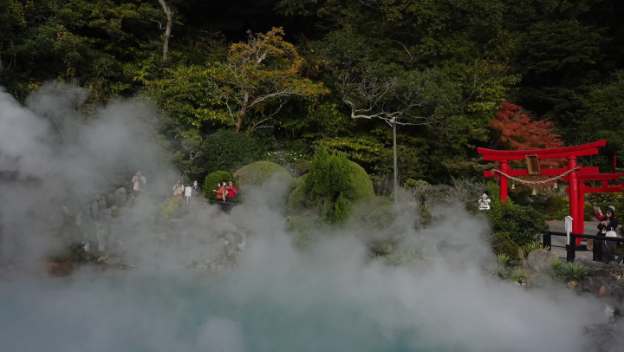
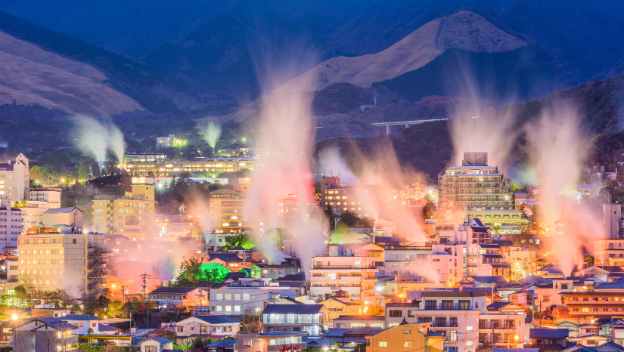
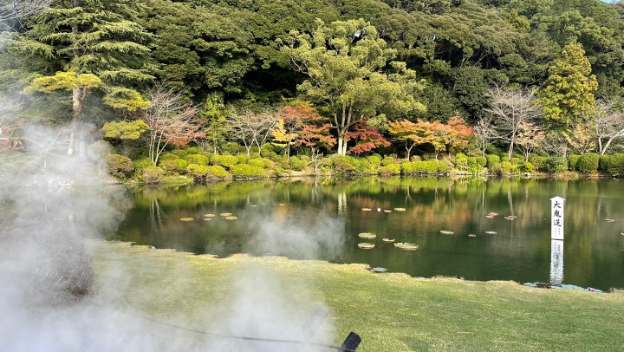
Kyushu's World-Class Hot Springs
Beppu Onsen
If you are looking for a unique Japanese onsen experiene, Beppu Onsen, is a great destination to start. Beppu Onsen is a group of eight hot spring towns, each with their own special character and offer therapeutic options including milky water, sand and mud. Together they produce more hot spring water than any other onsen resort in the country. What sets Beppu apart from other onsen resorts is the wide range of bath types that can be enjoyed there. Aside from conventional hot water baths, Beppu offers sand baths where you are buried in naturally heated sand, steam baths that are heated by the steam of a hot spring, and mud baths which are muddy hot water baths. Here, you can bath in naturally hot sand at the Beppu Beach Sand Bath or bath in a muddy hot water bath at Myoban Onsen. Each individual onsen resort has many modern and well-equipped hot spring baths as well as ryokan, where you can enjoy bathing facilities and stay as an overnight guest.
Yufuin Onsen
Yufuin Onsen makes for a perfect day trip or overnight trip for a highly walkable resort town. Here, you can visit all three onsen neighbourhoods, soak in the healing waters in its array of outdoor onsens with Mt Yufu towering above or rent a bicycle to explore the nearby Lake Kinrin. There are quaint cafes, boutique shops, galleries, and a shrine at its southern end to explore in between your onsen experiences.
